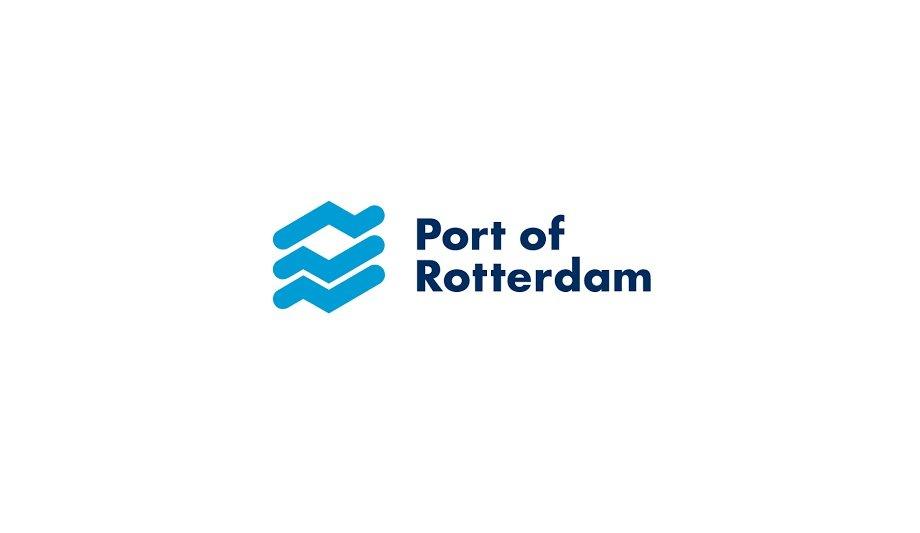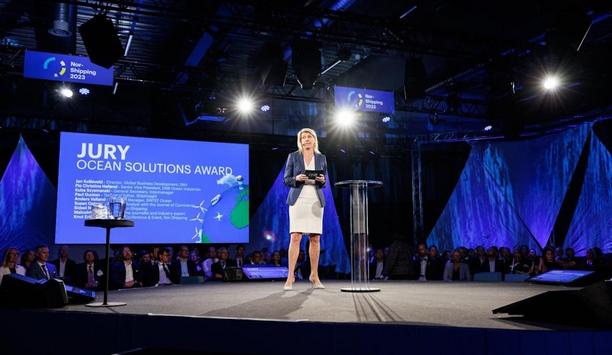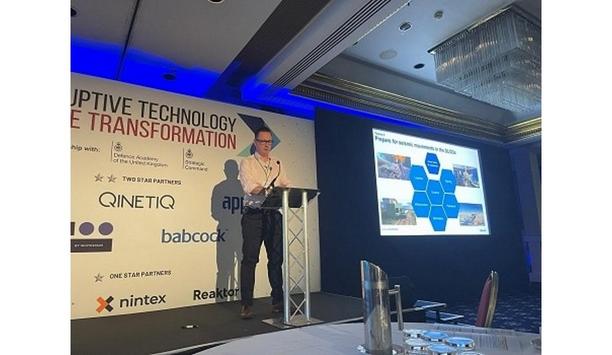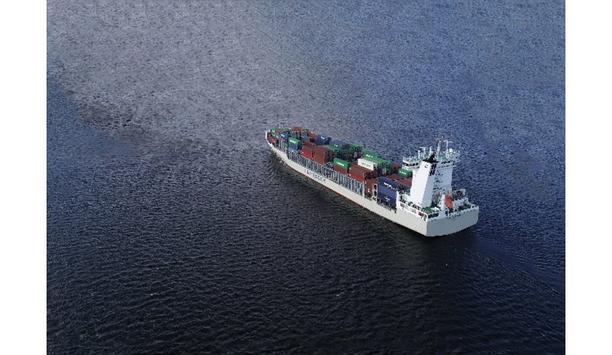Cepsa and the Port of Rotterdam are to work together to establish the first green hydrogen corridor between southern and northern Europe, ensuring a green hydrogen supply chain between two of Europe’s main ports, Rotterdam and Algeciras, as agreed in the Memorandum of Understanding (MoU) signed by both parties.
- The corridor will connect two of Europe’s main ports: Rotterdam and Algeciras.
- The agreement accelerates the decarbonisation of heavy industry and maritime transport and supports Europe's energy independence and security.
- The deal strengthens Cepsa’s ambition to become a key player in European green hydrogen production and the leader in Spain and Portugal.
- The cooperation is part of Rotterdam’s ambition to supply Northwest Europe with 4.6 million tonnes of green hydrogen by 2030.
Cepsa plans to export hydrogen produced at its San Roque Energy Park near the Bay of Algeciras, through hydrogen carriers such as ammonia or methanol, to the Port of Rotterdam.
Energy Transition plans
Rotterdam is the most important energy port in Europe, handling 13% of European energy demand. At the same time, the Port of Algeciras is first in Spain, fourth in Europe, and an important trade route between Europe and Asia.
Port Authority and private companies are developing infrastructure for the import and distribution of green hydrogen
With the Dutch Government’s support, and as part of Rotterdam’s Energy Transition plans, the Port Authority and many private companies active in the port area are developing the necessary infrastructure and facilities for the import of green hydrogen and its distribution into Northwest Europe connecting large industrial centres in the Netherlands, Belgium, and Germany using hydrogen pipelines. Cepsa is the main energy company in Algeciras, close to Gibraltar.
Decarbonisation
This supply of green fuels will help to decarbonise industry and maritime transport in the Bay of Algeciras and Rotterdam and to support the European Union’s RePower EU strategy, which seeks to guarantee Europe’s energy independence and security and stimulate the production of clean energy.
The trade lane is expected to be operational by 2027. Cepsa also intends to develop a similar supply chain from its La Rabida Energy Park in Huelva.
Green hydrogen corridor
Maarten Wetselaar, CEO of Cepsa, “The opportunity to build the first green hydrogen corridor in Algeciras, the leading energy port in Spain, demonstrates the unique role that Spain, and in particular Andalusia, will play in the energy transition in Europe.”
“Spain is ideally placed to become a world leader in the production and export of green hydrogen, given its strategic location, abundant generation of renewable energies, and its robust energy infrastructures and key ports, such as Algeciras and Huelva. Cepsa, the main energy company in Andalusia, intends to play a leading role in realising this vision.”
Independent energy supply
Cepsa will continue to accelerate Positive Motion and the roll-out of green hydrogen and biofuels across the continent"
“This agreement is an example of the important collaborations necessary to bring about Europe’s energy transition and ensure a secure and independent energy supply.”
“Cepsa will continue to explore further partnerships in which we can accelerate Positive Motion and the roll out of green hydrogen and biofuels across the continent.”
Positive Motion strategy
Under its Positive Motion strategy, Cepsa aspires to lead green hydrogen production in Spain and Portugal by 2030 with a production capacity of 2GW, half the current target set by the Spanish Government, and to become a major player in Europe.
To generate the renewable energy necessary for its production, Cepsa will develop a portfolio of 7 GW of renewable, wind, and solar projects alongside working hand in hand with other renewable energy producers in Andalusia to promote the integration of these new plants into the electricity system.
Green molecule supply base
Cepsa's Energy Parks in Andalusia have access to the most competitive renewable electricity in Europe, along with well-developed industrial infrastructure and direct sea access, presenting optimal conditions for the development of large-scale competitive green hydrogen projects.
This advantaged green molecule supply base will support the competitiveness and decarbonisation of local industry and form the basis for a significant energy export opportunity while positioning Spanish ports at the forefront of the supply of green fuels for the maritime sector.
Sustainability
We expect that in 2050 some 20 Mton of hydrogen will flow through the port, of which only 2 Mton will be produced locally"
Allard Castelein, CEO of the Port of Rotterdam Authority said, “Northwest Europe uses far more energy than it can produce sustainably. Therefore, we are setting up multiple trade lanes for green hydrogen, together with exporting countries and private businesses worldwide.”
“We expect that in 2050 some 20 Mton of hydrogen will flow through the port, of which only 2 Mton will be produced locally.”
Reducing CO2 emissions
“Southern Spain with its abundant space, sun, wind, and ports is a logical location to produce green hydrogen for both local use and export.”
“Setting up this trade lane between Algeciras and Rotterdam is a substantial contribution to Europe’s ambition to reduce CO2 emissions as well as increase Europe’s energy independence and stimulate our economies.”
Hydrogen
Hydrogen is one of the priorities in Rotterdam’s Energy Transition plans with the Port of Rotterdam working on setting up the infrastructure and facilities for facilitating hydrogen flows by co-developing several large projects with its port community members and connected industrial areas in northwest Europe.
In collaboration with exporting countries and the cluster of companies operating at the port, it can supply north-western Europe with 4.6 million tonnes annually by 2030, yielding 46 million tonnes of CO2 reduction.











